#takumi
Explore tagged Tumblr posts
Text
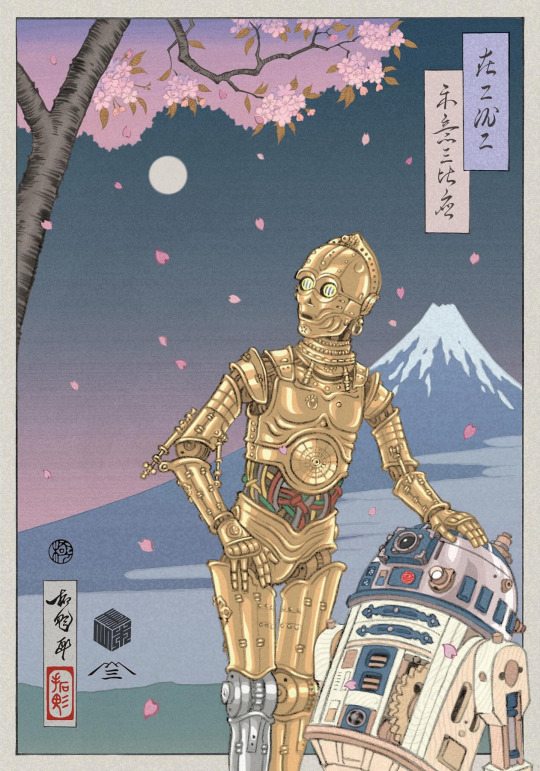
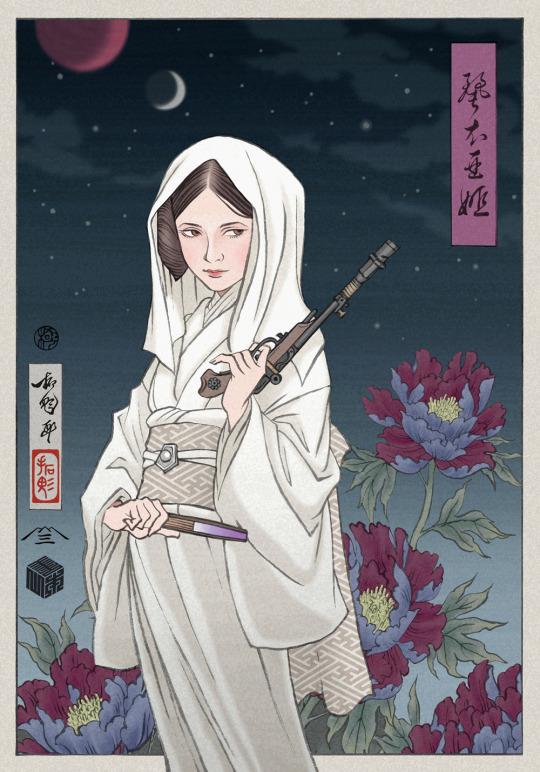
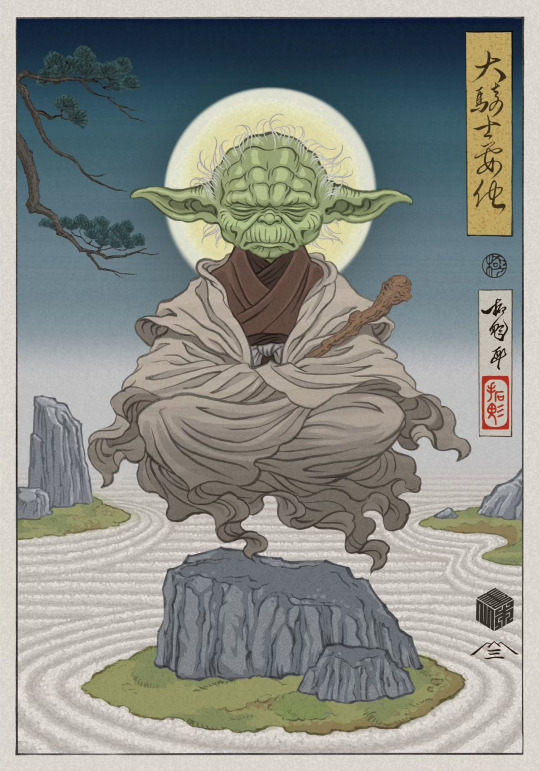
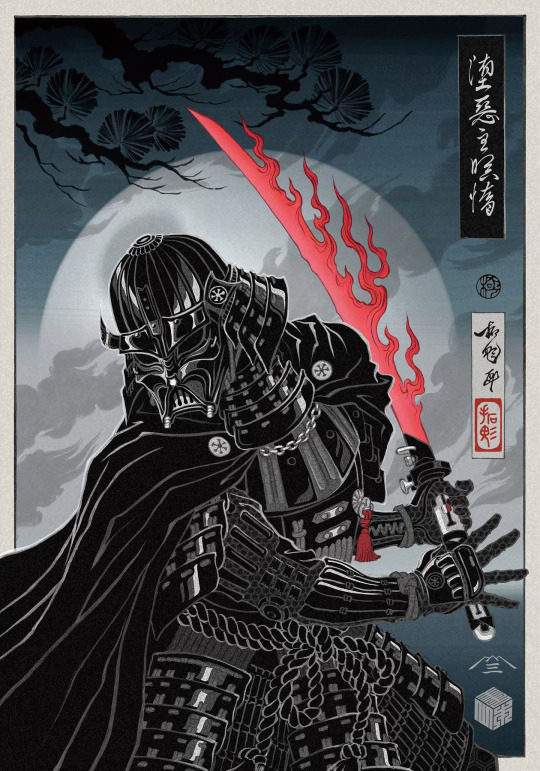
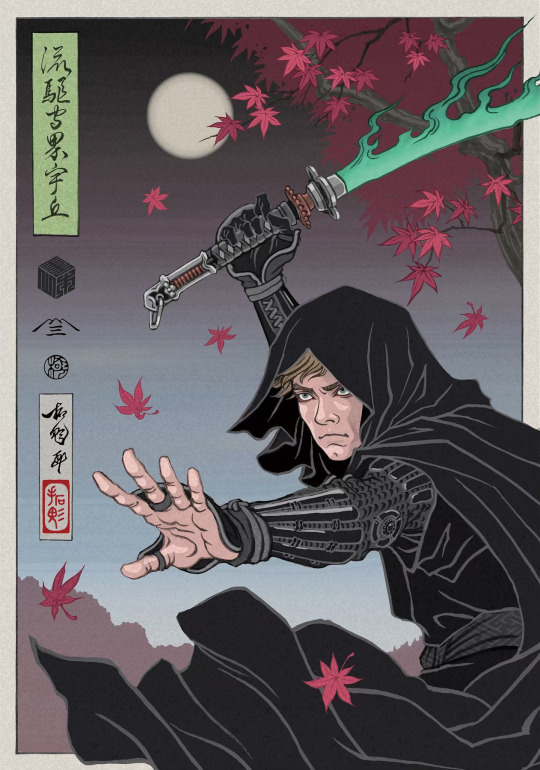
Feudal Wars by Takumi Toxin
1K notes
·
View notes
Text

Awakening Fates (Remake) #9 Sibling Spam
As a belated tribute for FE Fate's anniversary, I'm redrawing some of the old comics from 2016! If you haven't seen these I hope you enjoy them!
[Original version] [Link to previous]
#fire emblem#fire emblem awakening#fire emblem fates#chrom#corrin#lissa#elise#sakura#camilla#leo#xander#hinoka#takumi#ryoma#fe13#fe14#comic#fe comic
2K notes
·
View notes
Text
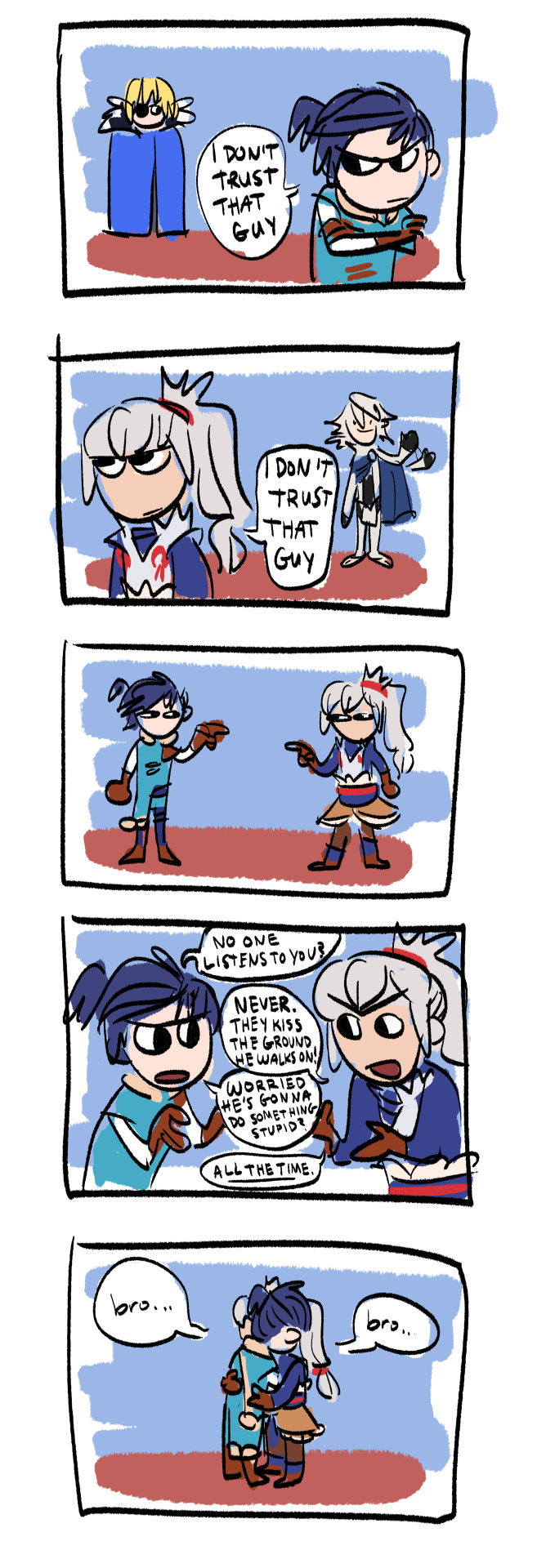
i wish feh would have them talk to each other
#takumi#takumi fire emblem#felix fraldarius#feh#fe heroes#this is from 2020 sorry i rarely draw comics nowadays#fire emblem#dimitri alexandre blaiddyd#corrin fire emblem#q#my comics
2K notes
·
View notes
Text

#danganronpa#hundred line#sdr2#the hundred line#last defense academy#super danganronpa goodbye despair#danganronpa fanart#my artwork#the hundred line last defense academy#nagito komaeda#hajime hinata#eito aotsuki#takumi sumino#eito#takumi#nagito#hajime#hinata#komaeda#super dangan ronpa 2#danganronpa 2#sdr2 komaeda#sdr2 fanart#sdr2 hinata#sdr2 nagito#sdra2#thl fanart#hundred line fanart#aotsuki#sumino
319 notes
·
View notes
Text

301 notes
·
View notes
Text








Star Wars Celebration Japan 2025 - Badge Art by Takumi
#Star Wars#Star Wars Celebration 2025#Badge Art#Sci-Fi#Takumi#Obi-Wan Kenobi#Anakin Skywalker#Rey Skywalker#Kylo Ren#Leia Organa#Cassian Andor#Master Sol#Mon Mothma#Star Wars: Acolyte
284 notes
·
View notes
Text

'Sabine Wren' from 'Star Wars Rebels / Ahsoka' by Takumi.
Badge art for 'Star Wars Celebration: Japan 2025'.
#Art Of The Day#Art#AOTD#Takumi#Sabine Wren#Star Wars#Star Wars Rebels#Ahsoka#Star Wars Celebration#Star Wars Celebration Japan#Ukiyoe#Japan#Japanese#Ronin#Samurai
260 notes
·
View notes
Text
I flipping love fire emblem fates
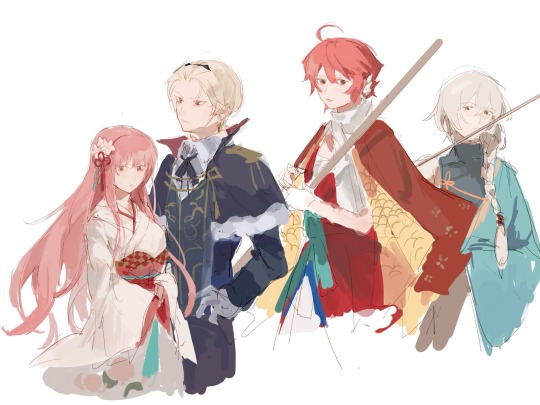

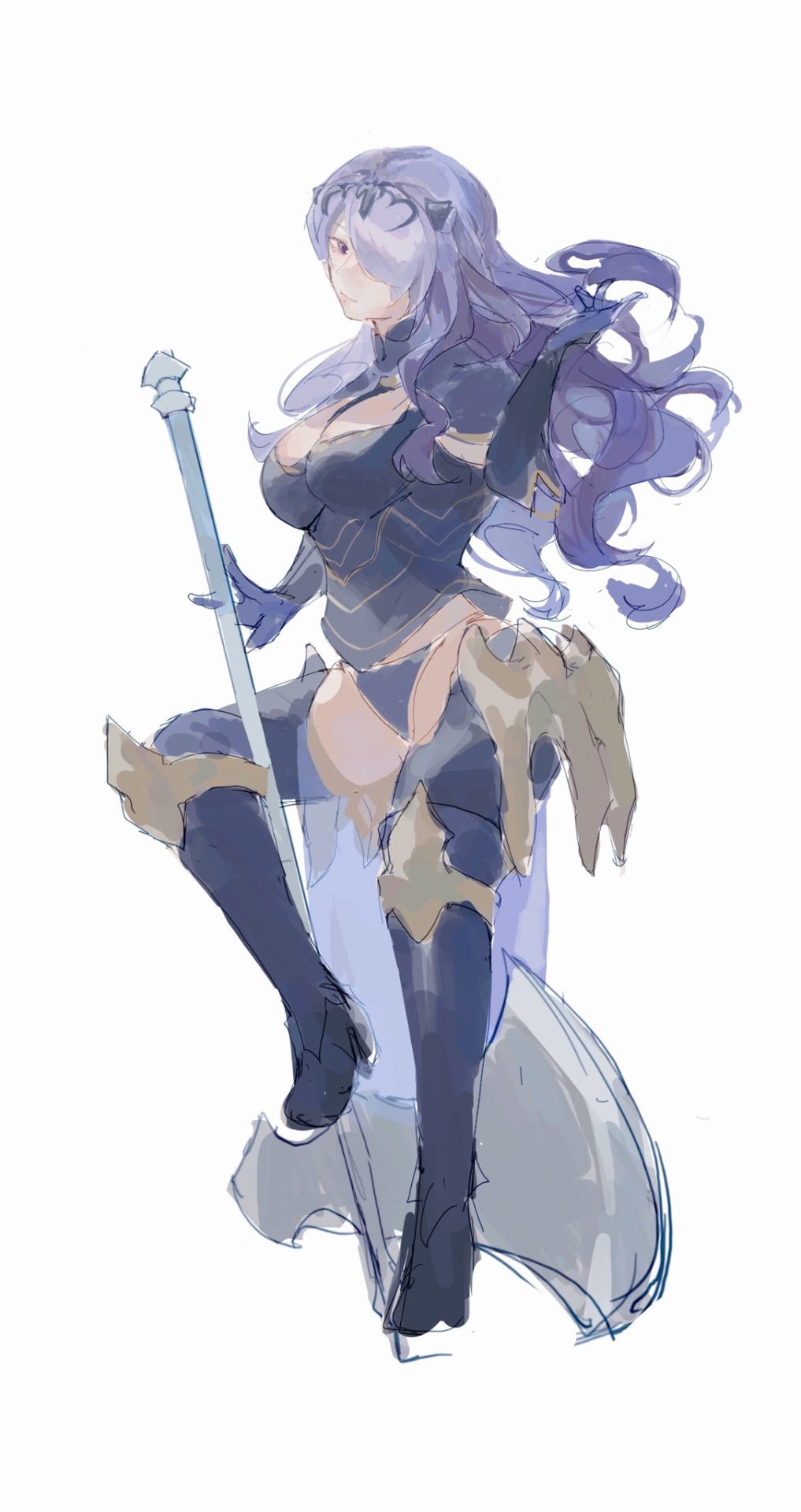
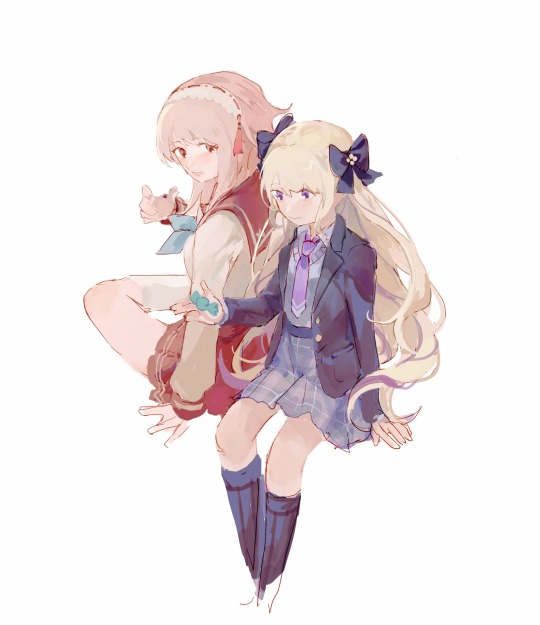
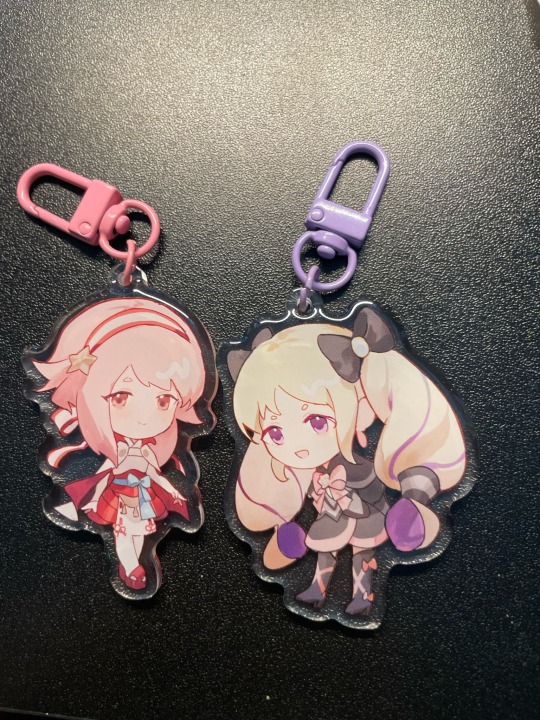
#drawing#fanart#fire emblem#my drawing#feif#fe fates#Sakura#Leo#Camilla#Elise#Takumi#oboro#Corrin#Selena#soleil#procreate
737 notes
·
View notes
Text
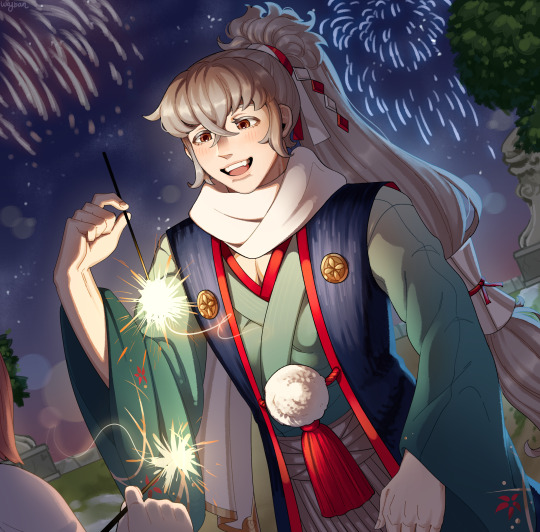
New Year New Takumi, happy 2025 y'all!
#takumi#fire emblem#fire emblem heroes#feh#fire emblem fates#my art#fe takumi#how do i tag for this anymore#happy new year!#i will not be home when this posts yay#i really like this one surprisingly#had fun!! yippee!!#ouhhhhh this guy....... this fuckin guy....................
363 notes
·
View notes
Text

Takumi comm for @geminid !! THANK YOU🌸!!
244 notes
·
View notes
Text

rentrer en soi <3
152 notes
·
View notes
Text

🍫 Valentine's date with Leo and Takumi! A comm for @geminid (thank you!!)
#commissions#geminid#fire emblem#leo#takumi#leo fire emblem#takumi fire emblem#fire emblem fates#fe14#fe heroes#valentines day#vgen
435 notes
·
View notes
Photo




Honkai Star Rail | "Taking It Easy" | Jing Yuan and Feixiao + Delicious Food
#honkai star rail#jing yuan#feixiao#hsredit#honkaiedit#hsr jing yuan#hsr feixiao#jing yuan honkai star rail#feixiao honkai star rail#honkai#takumi#anime food#my gifs#my post
287 notes
·
View notes
Text
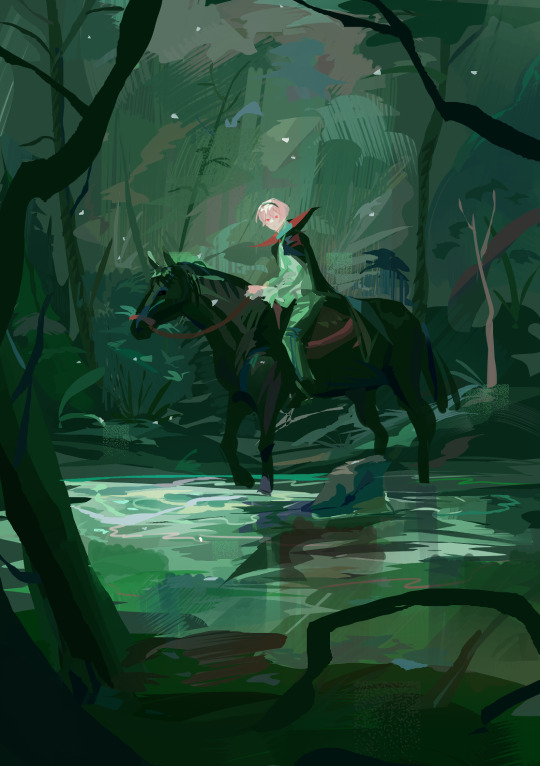

ive been trying the method where you use the lasso tool to make random shapes and paint backgrounds like that. its a lot of fun. will definitely keep it in mind when i paint sometimes
891 notes
·
View notes
Text

inheritance (2020)
#sakura fire emblem#fe fates#hoshido#sakura#post conquest route has so much untapped angst#fire emblem#takumi fire emblem#takumi
625 notes
·
View notes

